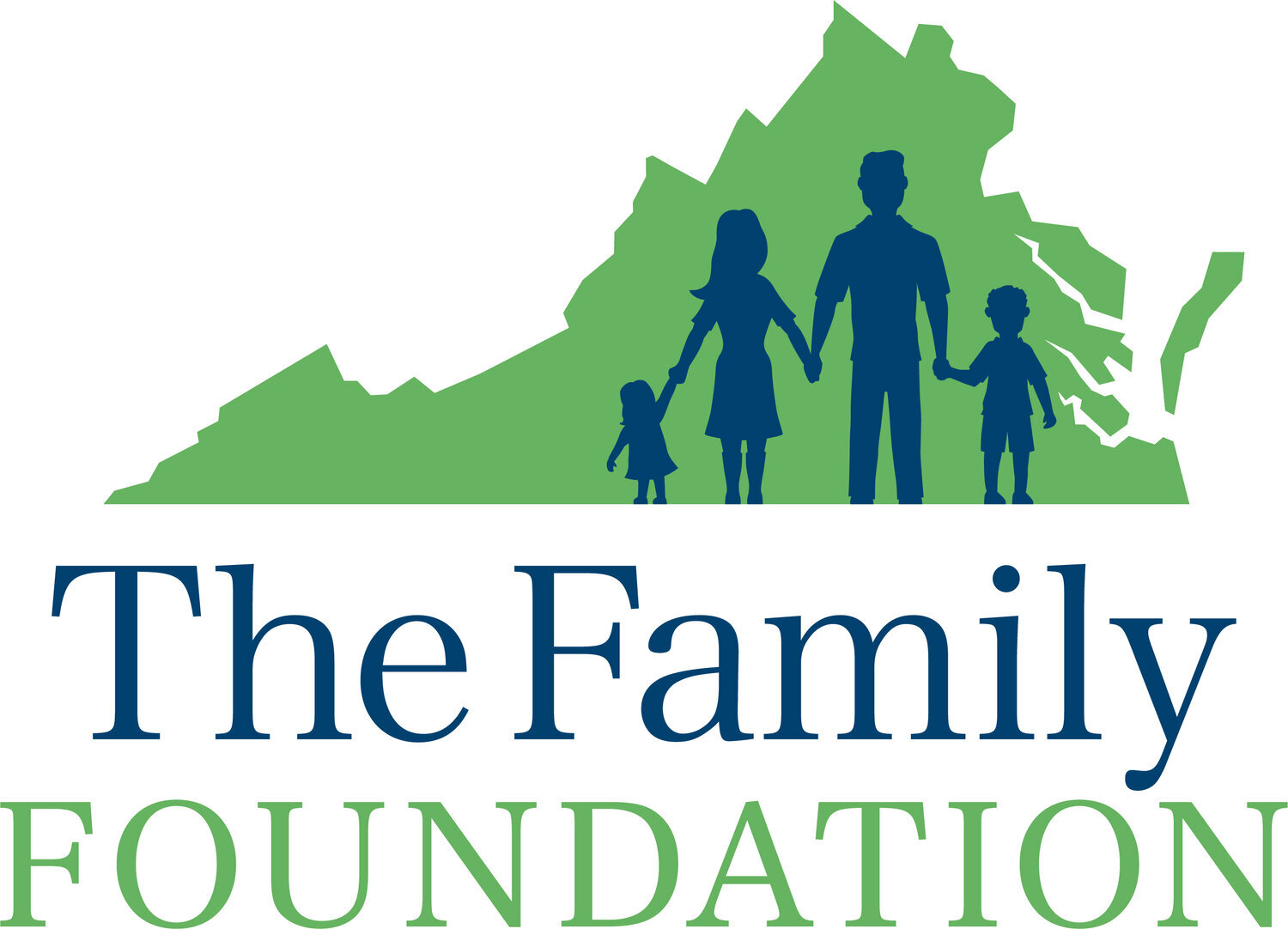Two Big Victories for Religious Liberty!
We got some great news today in two highly anticipated cases from the U.S. Supreme Court. In both cases, the Court affirmed the rights of religious institutions to retain and apply the deeply held tenants of their faith in every aspect of their mission.
The first one, and arguably the most important case of the term, Our Lady of Guadalupe School v. Morrissey-Berru, dealt with the application of the so-called “ministerial exception,” which generally prevents anyone from suing a religious organization over employment decisions it makes involving employees considered to be ministers. The Court sided with the two Christian schools in the case, holding that the firing of teachers is generally a “matter of church government” over which courts have no say. Among the positive clarifications, the Court stated that a formal title of minister is not necessary in order for the “ministerial exception” doctrine to apply to employees of faith-based institutions.
The Court did not prescribe a “rigid formula for deciding when an employee qualifies as a minister.” According to the 7-2 majority, “a variety of factors may be important in determining whether a particular position falls within the ministerial exception. …What matters is what an employee does.” The Court placed special significance on the fact that the employees’ “schools expressly saw them as playing a vital role in carrying out the church’s mission. A religious institution’s explanation of the role of its employees in the life of the religion in question is important.”
Another major point was emphasized by Justice Thomas in a concurring opinion: “The Court properly declines to consider whether an employee shares the religious organization’s beliefs when determining whether that employee’s position falls within the “ministerial exception,” explaining that to “determin[e] whether a person is a ‘co-religionist’ . . . would risk judicial entanglement in religious issues.”” In other words, even if a teacher at a Christian school is not himself a practicing Christian, he can still be expected to act consistently with the major faith tenets of the school in order to maintain his employment.
Today’s decision in Our Lady of Guadalupe School confirms what we told the Virginia legislature as it passed the overly broad so-called “Virginia Values Act”—that forcing faith-based schools and churches to hire and fire in violation of their beliefs regarding sexuality is unconstitutional and will not be enforceable.
This case will be helpful to us as we defend churches and schools through our new legal arm, Founding Freedoms Law Center, from those who attempt to force an outside orthodoxy on religious entities.
The second case, Little Sisters of the Poor v. Pennsylvania, dealt with the continuing saga of the Obamacare contraceptive mandate, affirming that federal Departments do have the authority under the ACA to promulgate regulations with religious and moral exemptions for entities opposed to paying for contraceptives. The Court noted that it stated in its Hobby Lobby case that the Obamacare contraception mandate “violated [the Religious Freedom Restoration Act] as applied to entities with complicity-based objections. This was another good confirmation of religious and conscience rights.
Time will tell how this will impact the ongoing clash between the sexual/gender revolution and religious liberty, but these cases thankfully help give some added support to people and organizations of faith. And that is something to be happy about.
